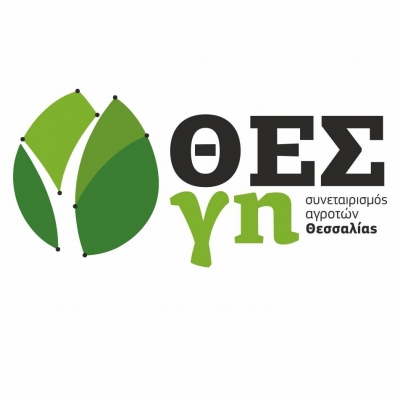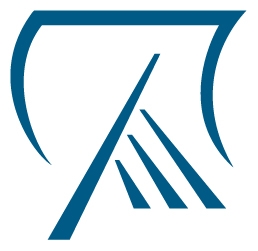
Agricultural Cooperative of Thessaly - THESGI
En recherche de financements
The agricultural cooperative THESGI located in Larisa - a traditionally agricultural area of Greece - was founded in 2013 by a small team of ambitious farmers. The cooperative has managed in six years to grow to 3,000 hectares of nine different crops, displaying a high potential. The cooperative has now moved forward to vertical integration, seeking new ways for selling their products within the Greek market.
THESGI has already set up a business process to provide its members with agricultural supplies, such as fertilisers, seeds and pesticides, in order to lower the cost of production. All the production is sold to other cooperatives and companies through contractual farming.
Products
Production (in tonnes) during the season 2018–19:
- Cereals –
- Vegetables –
- Legumes – 200
- Cotton – 1500
The cooperation processes its cereals and produces different flour types bearing its brand, which are sold to bakeries and shops within the region.
Services
Major service of the cooperative to its members is to gather the crop production and place it in the market. The cooperative handles sales of the products through contract farming for other cooperatives and food factories, and is responsible for its own processing and logistics. Cooperative’s staff supports more than 60 farmers with agronomic services and distribution of supplies, which it acquires and centrally manages to achieve economies of scale. Thesgi is also responsible for storing and maintaining the products until sale. In addition, specialised staff analyses and classifies the production based on its quality and support the introduction of new crops and farming practices through seminar presentations, technical support in the field and feasibility studies for new crops and processed ;The cooperative performs on a daily basis, with regard to the support and enhancement of agricultural services and products offered within the Region.
THESGI applies an innovative management system with wide participation of stakeholders and members. The system is designed for the collective management of small-size fields to achieve economies of scale, to implement the reformed CAP and to amplify spread and adoption of good practices.






































